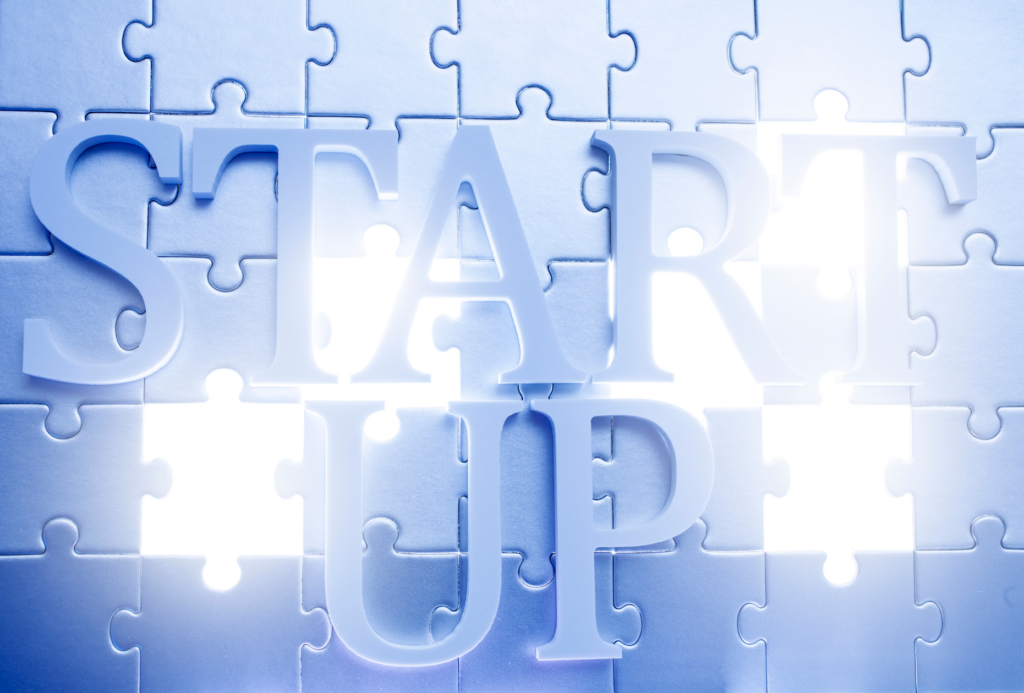Scaling up your SaaS startup is a daunting phase. It comes with enormous uncertainty and huge responsibility on the side of the decision makers .Almost every founder, CEO and entrepreneur have been there. And I think no one could find it easier on their second time, their third time, nor at any time. It doesn’t get simpler even when you become a serial entrepreneur, no! All I could say, is that one can end up learning few lessons with time & practice. Here are some of the strategies I believe helped me succeed at scaling up efficiently many SaaS startups.
1. Customer acquisition should be your focus:
Simple math, find the right way to increase your customers. Start first thing to select the itinerary you’ll follow; is it sales or marketing? Blending both could work for some startups, but it is always determined by a couple of factors. The market and your competition are decisive elements. By using the right tools, you allow your funnel to convert at a higher rate. On top of the tools list, we have targeted ads. The data you can collect on your audience would be priceless because it will direct where and when the ads will appear. Your product / brand can have an expanded reach in a very short time as a result. Another step would be the optimization of your website. Do the necessary work to make your website favorable to the search engines. Building the right SEO strategy is a key element in acing your scaling operations.
A valuable piece of advice in relation to your company culture is: Be the business that’s customer- obsessed. You’ll eventually see how a great customer service multiplies the number of your customers many folds in no time. Customers are inherently attracted to businesses that privilege their needs. Acquisition and retention are secured by ensuring value for money and in this case, customer support, is part of the value they are looking for alongside the product/ service.
When is customer acquisition best timed? I should say the early stages of a SaaS startup are the right time to focus on expanding the customer base where the focus is on acquiring new customers and establishing a user base.
2.Keep iterating on your product:
SaaS industry is one of the fastest moving industries. It reshapes itself and the market around it in a way very little matched by any other. Consequently, survival on the market became a greater challenge. The rate with which competition iterates is just insane, so it’s either to improve at an adequate pace or be crushed. A golden rule here is to get very good at listening to your customers’ feedback. Responding to feedback in the right manner creates ultimately a better product since it meets the needs. Always try your best to be the one product that relieves the customers from their pain points. An easy way to collect customer feedback would be by setting up surveys. Another trending approach is social media listening tools. They are very efficient in monitoring customer feedback. Accurate data comes from establishing appropriate analytics tools for user behavior tracking.
3.Automate Processes:
If your SaaS startup in 2023 is missing on AI, you set yourself to failure in advance. Automation is what puts your startup at the same level as every other one on the market. It is the era where tasks such as onboarding new customers, customer support, billing, and other administrative tasks are AI-empowered. With this comes chatbots to automate customer support and reduce the workload on your support team. This strategy is your best shot at optimizing operations and increasing efficiency. Your company operations are streamlined efficiently thanks to automation implying that your costs are reduced. Besides, your product is best equipped to ensure a world-class customer experience. At this day and time, overlooking automation and AI-empowered features is similar to run away from the value the industrial revolution showered with Europe back in the 15th century. Or even worse, getting back to the dark ages.
4.Build a highly competitive team:
There is this saying by Zig Ziglar “You don’t build a business, you build people, then people build the business.” Take some time to reflect on it. Any serial entrepreneur as myself, would tell you that’s so true. Building teams and escalating them is one of the most intricate tasks managers have to deal with in accordance with scaling up the business. The goal is to craft a team that is aligned with the company’s values. My advice here to every founder/ CEO /entrepreneur is to be closely involved into the hiring process. Of course, there is a dedicated team to do so, but being part of it is another assurance that you’ll be recruiting individuals that fit in with your company culture. Hire talented individuals with the right skill set and the right mindset. They definitely need to exhibit passion for your product.
One thing is sure, these individuals will be doing a great job researching how to keep improving the product.
You may end up not needing an R&D team, since everyone is keen on doing research just because they truly care. Building teams for years now, taught me that only good & transparent communication is what keeps strong teams go beyond & above every challenge. So, make sure to set the right foundation for a culture of transparent communication. The trust stemming from it creates very strong bonds.
5.Make continuous learning mandatory:
Scaling up a SaaS startup is very often a necessity rather than a phase on the road map. When your business is part of the fastest evolving industry, implementing the latest updates to your product is your only way to stay relevant to the market. Having your road map up-to-date with the latest trends and the team set on continuous learning is what you need for an efficient scaling up. You should invest in training programs for the team; only highly skilled teams can survive the crazy competition out there. Innovation and experimentation are the fruits of learning and iterating on the product. SaaS startups should embrace this strategy at all phases while adapting to the needs of each. The focus of the learning at early stages is on identifying what works for the product. The next phases require trainings to aim at improving the product.


